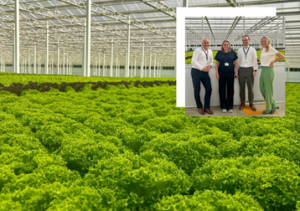
Inspiring field trip in the UAE
A blog by Giovanni Angiolini, Dutch Greenhouse Delta’s Director Middle East & Africa, which was published on LinkedIn on February 24th. “Thursday 20th Februry, I had
In the dynamic landscape of the Gulf region food security, there’s an increased focus on ensuring local safe, fresh food production. A key move towards sustainability and self-reliance. The Gulf nations are in pursuit of innovative solutions and partnerships. Dutch horticulture experts, known for their sustainable practices, innovations, and advanced technologies, are eager to collaborate. Together, we can meet the rising demands for fresh produce in The Gulf nations.
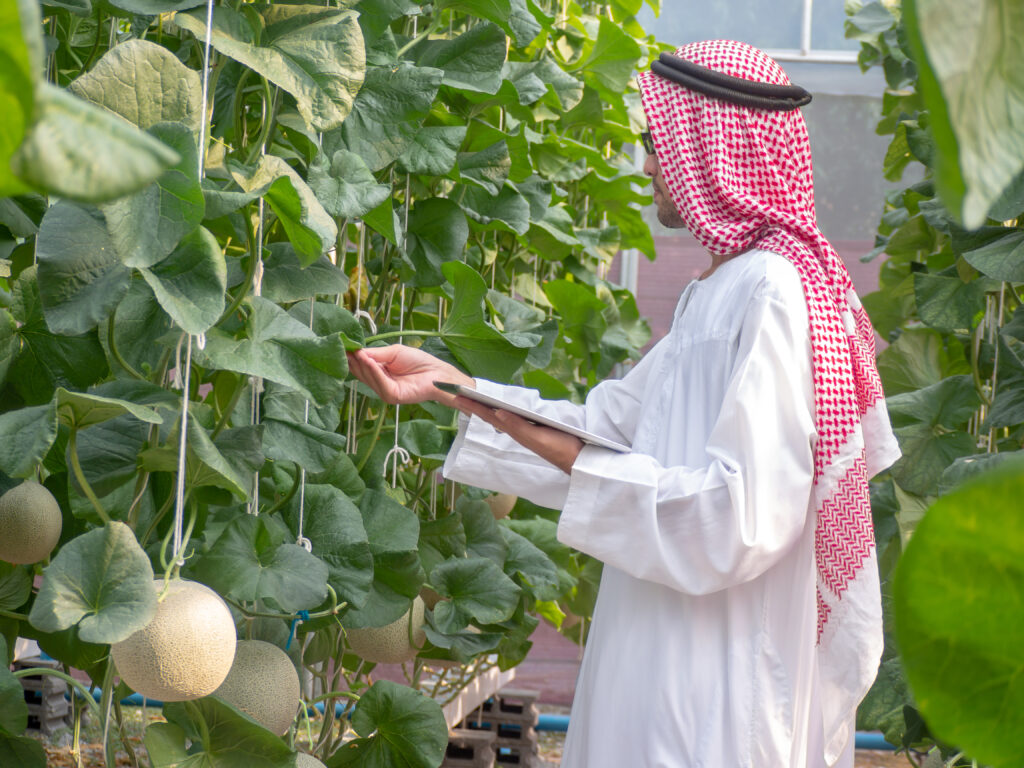
Dutch adaptive technology and resilient farming methods present opportunities to overcome obstacles which are faced in the Middle East, like water scarcity and climate change. The shortage of skilled labor poses a significant obstacle to the adoption of advanced farming techniques. By training and educating the workforce, we foster a transition towards more modern, sustainable agricultural practices.
Innovative farming entrepreneurs hold the future of The Gulf region. Dutch Greenhouse Delta is here to navigate these visionaries to food security, recognizing the challenges and opportunities for modern agriculture. Our platform represents the entire ecosystem of horticultural excellence in the Netherlands, consisting of leading companies, academia and government. Our integrated approach provides a comprehensive Fork2Farm solution, offering sustainability and efficiency throughout the entire value chain.
Dutch Greenhouse Delta takes the lead in orchestrating efforts to address the evolving needs of the Gulf nations, aligning Dutch horticultural excellence with the food safety strategy of Bahrein, Kuwait, Qatar, Oman, the Kingdom of Saudi Arabia, and the United Arab Emirates.
We bring together stakeholders from The Gulf region and The Netherlands, fostering long-term collaboration to execute food security strategies.
This whitepaper explains how Dutch horticulture can help boost local food production and contribute to achieving sustainability goals, which leads to:
Also, other successful projects in the Gulf are presented in this whitepaper.

A blog by Giovanni Angiolini, Dutch Greenhouse Delta’s Director Middle East & Africa, which was published on LinkedIn on February 24th. “Thursday 20th Februry, I had
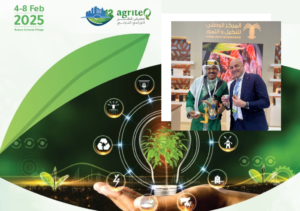
The AgriteQ 2025 exhibition is taking place from February 4-8 in Qatar, and our MEA Director, Giovanni Angiolini, is attending for two days to connect
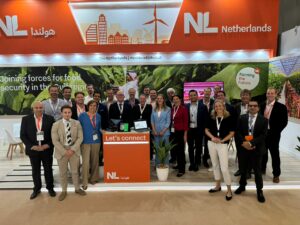
This past week, Dutch Greenhouse Delta has been at the heart of successful events in Riyadh, working alongside our Saudi partners to realize food security!
Locations: Al Ain, UAE & Saudi Arabia
Crop: Tomatoes
Type: SuprimAir
Surface: 10.000 m²
Location: Dubai
Crop: Lettuce and Kale
Type: ModulAIR, Turn-key
Surface: 20.000 m²
Location: Riyadh
Crop: Different vegetables and fruits
Type: Research on agricultural activities and crop management, control of environmental conditions, fertilization and irrigation methods and integrated pest management
Location: Dubai
Crop: Leafy greens
Type: Indoor Farm
Surface: 330.000 m²
Location: Riyadh
Crop: Tomatoes, cucumbers, peppers
Type: High-tech hydroponics
Location: Amal Oilfield
Type: The special greenhouses generate steam using solar energy; that steam is then used in oil production
Surface: 200.000 m²
Location: NEOM
Type: Two separate horticultural test facilities as part of the NEOM development
Surface: 110.000 m²
Location: Hoarat A’ali
Crop: Tomatoes, cucumbers, peppers, leafy greens
Type: Aquaponic farm
Locations in entire GCC-region
Crop: Vegetables
Location: Al Khor
Crop: Vegetables, fruits, leafy greens
Type: Aquaponic, hydroponic and indoor farms
Location: Al Wafrah
Type: Indoor Farm
Crop: 550kg of fresh salads and culinary herbs daily
Also, other successful projects in the Gulf are presented in this whitepaper.
Europa 1
2672 ZX Naaldwijk
The Netherlands
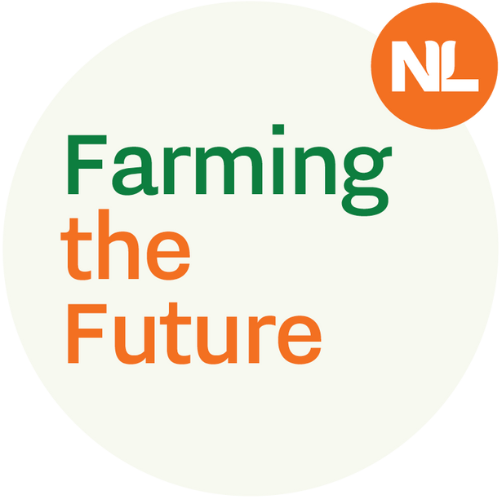
All rights reserved 2025
It may take up to 15 minutes for our whitepaper to arrive in your mailbox, please make sure to also check your spam folder!